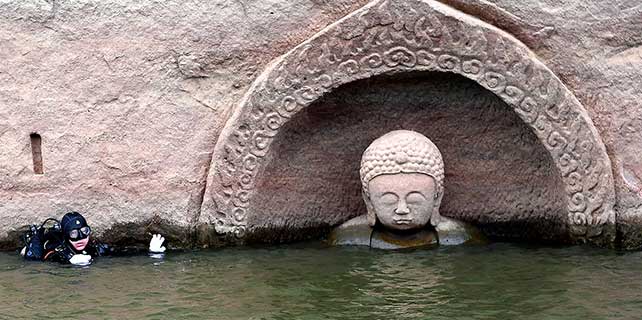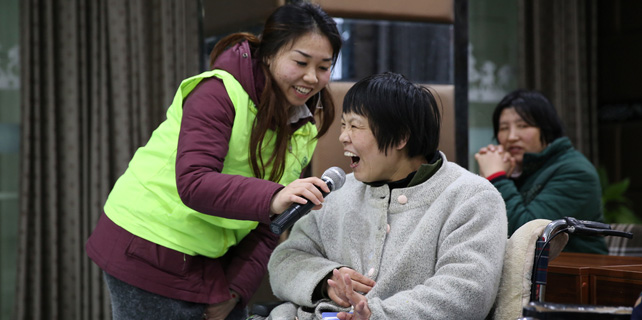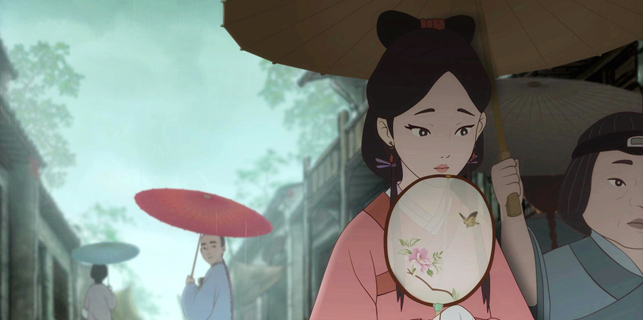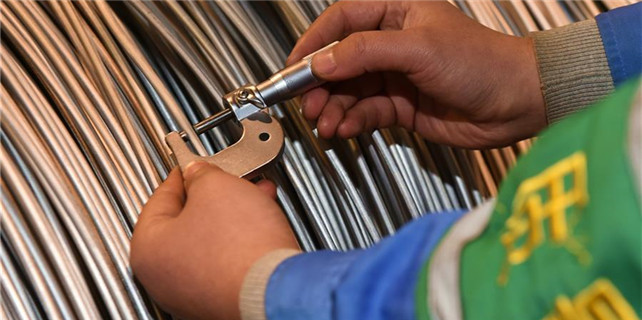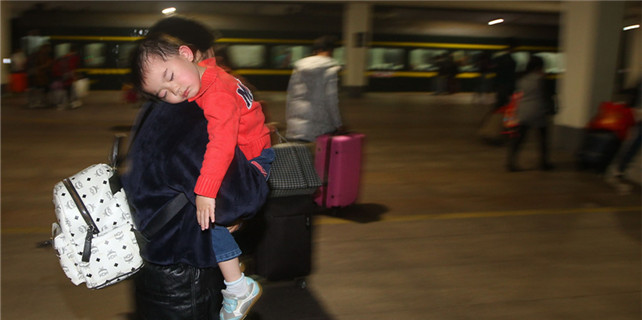Scientist may lose gene-editing patent
Technique has lost commercial value after researcher stopped application
Han Chunyu, a Chinese researcher who gained the spotlight for a next-generation approach to gene-editing that research groups across the world later said could not be repeated, could lose his patent for the process.
The State Intellectual Property Office notified Han and co-applicant Shen Xiao from Zhejiang University on Jan 9 that the application for his NgAgo gene-editing approach was deemed to have been withdrawn because they did not furnish documents that the office requested in July.
The patent faces the risk of being revoked within two months, according to the office.
Zheng Haifeng, a patent agent from the Hangzhou Qiushi Patent Office in Zhejiang province, said that it was the applicants' choice to let the application be withdrawn.
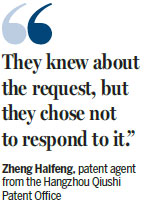
"It is their decision. They knew about the request, but they chose not to respond to it," Zheng was quoted as saying by Shanghai-based media The Paper.
Applicants can request the recovery of their application within two months if they can provide good reasons, but Zheng said he did not know whether Han and Shen would start that procedure.
Han and Shen, with two other authors, published a paper in Nature Biotechnology in May that claimed they had discovered a new gene-editing tool named NgAgo that was believed to be more efficient than the widely used CRISPR/Cas9 approach, also known as the "molecular Swiss army knife".
However, scientists kept reporting failures in reproducing the experiment in the following months, which stirred doubts over its authenticity.
"The cancellation of the patent may not have a direct relationship with the genuineness of Han's paper. But since Han and Shen have stopped the patent application process, it clearly indicates that the technique has lost commercial value," said Wang Haoyi, a researcher at the Chinese Academy of Sciences' Institute of Zoology.
In November, Nature Biotechnology published an Editorial Expression of Concern and made a statement saying that it will continue to liaise with Han and other authors to allow them provide additional information to support their paper by the end of January.
Wang said it would not matter whether the journal decided to retract the paper after the deadline expires, because it was the recognition of the scientific community that matters.
"There are some papers that are not withdrawn but have no influence at all, because no one would cite it," he said.







